In film school, when all of his peers wanted to be the next Quentin Tarantino, Jason Wise was more keen on David Attenborough, inspired by the legendary documentarian’s oeuvre of nature films. But he couldn’t figure out how to make one himself. “I’d start following animals, and then I became obsessed with the people around them,” said Wise.
The director instead built his career on the Somm series of documentaries about sommeliers and wine culture, but he never gave up on the nature flick idea. “Most successful nature films are about animals who behave like people,” he said. “I’ve always had this very strange, quiet obsession: Could you make a film about an animal that’s nothing like people?”

As he explored the world of wine, Wise came to love sea urchin, also known as uni. “Sea urchin was a life-changing food for me. I try to seek it out everywhere I go,” he said. “It’s the absolute top expression of terroir on earth. It’s a mile above grapes. I’m so endlessly fascinated by this creature that has no memory and no awareness.”
When the Los Angeles resident learned that one of the best sources was the Santa Barbara Channel, he began working on The Delicacy, a doc about uni, fishermen, human behavior, culinary history, and much more. The film’s world premiere is this weekend at the Santa Barbara International Film Festival, but Wise’s work began more than six years ago, when he fell deep down the rabbit hole of exploring how humankind treats urchin, oysters, abalone, and similar delicacies.
“I became obsessed with the idea that there are things you eat that don’t fill you up,” said Wise of how people seek out foods for cultural and sensory rather than nutritional reasons. “There are people who think, ‘I have to try sea urchin from an island off the coast of Santa Barbara, and I’m gonna travel 1,000 miles to get it the freshest I can.’ When looking at humans as animals, that is bizarre, interesting behavior.”
The result is a compelling, visually rich, conceptually wide-ranging nature film about people, with Santa Barbara sea urchin as the star. To bolster his unlikely and spiky protagonist, Wise enlisted the insight of legendary bon vivants such as Andrew Zimmern and Ray Isle as well as chefs such as Kyle Connaughton from SingleThread in Sonoma and Spencer Bezaire of L&E Oyster Bar in Los Angeles.
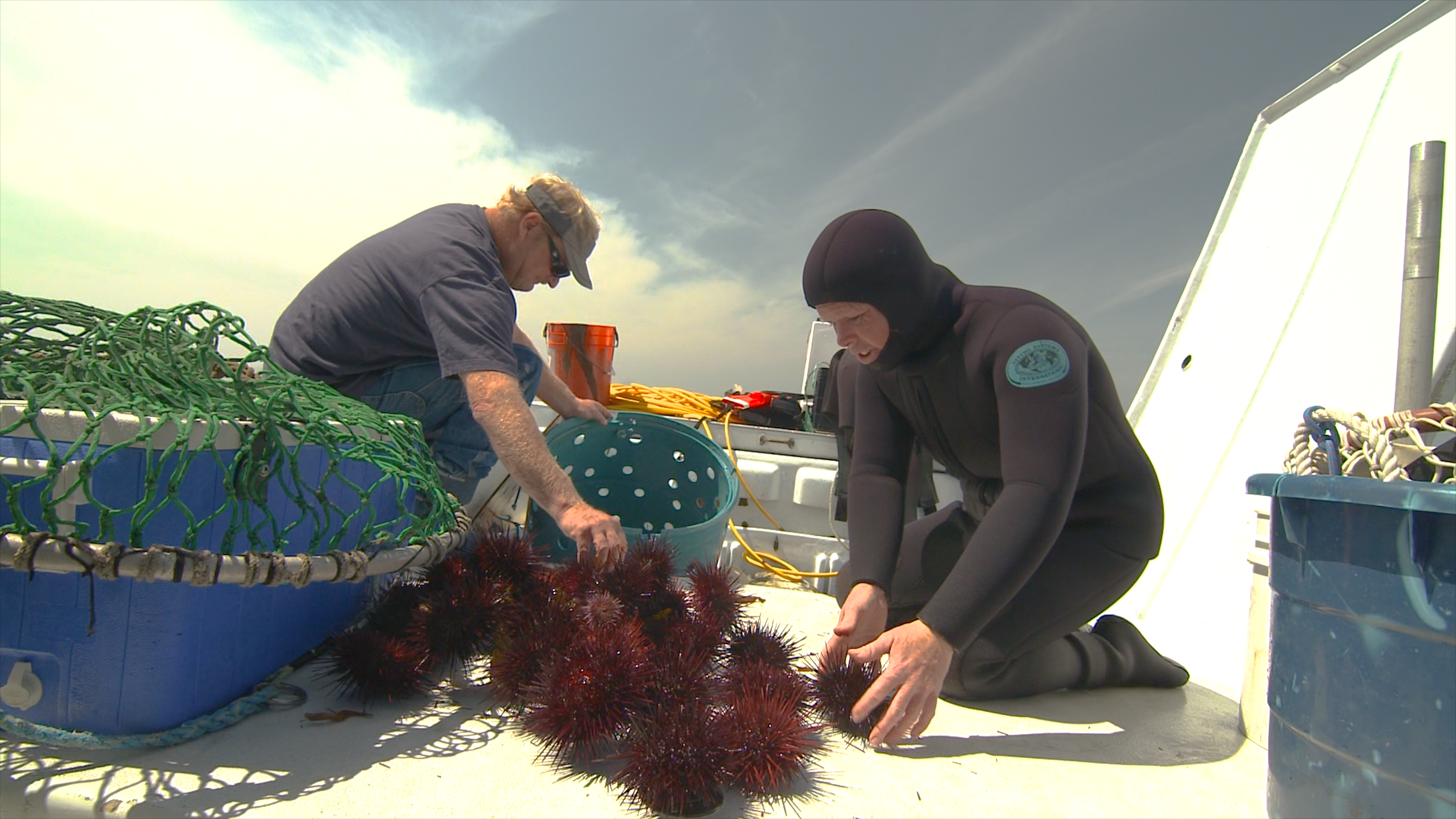
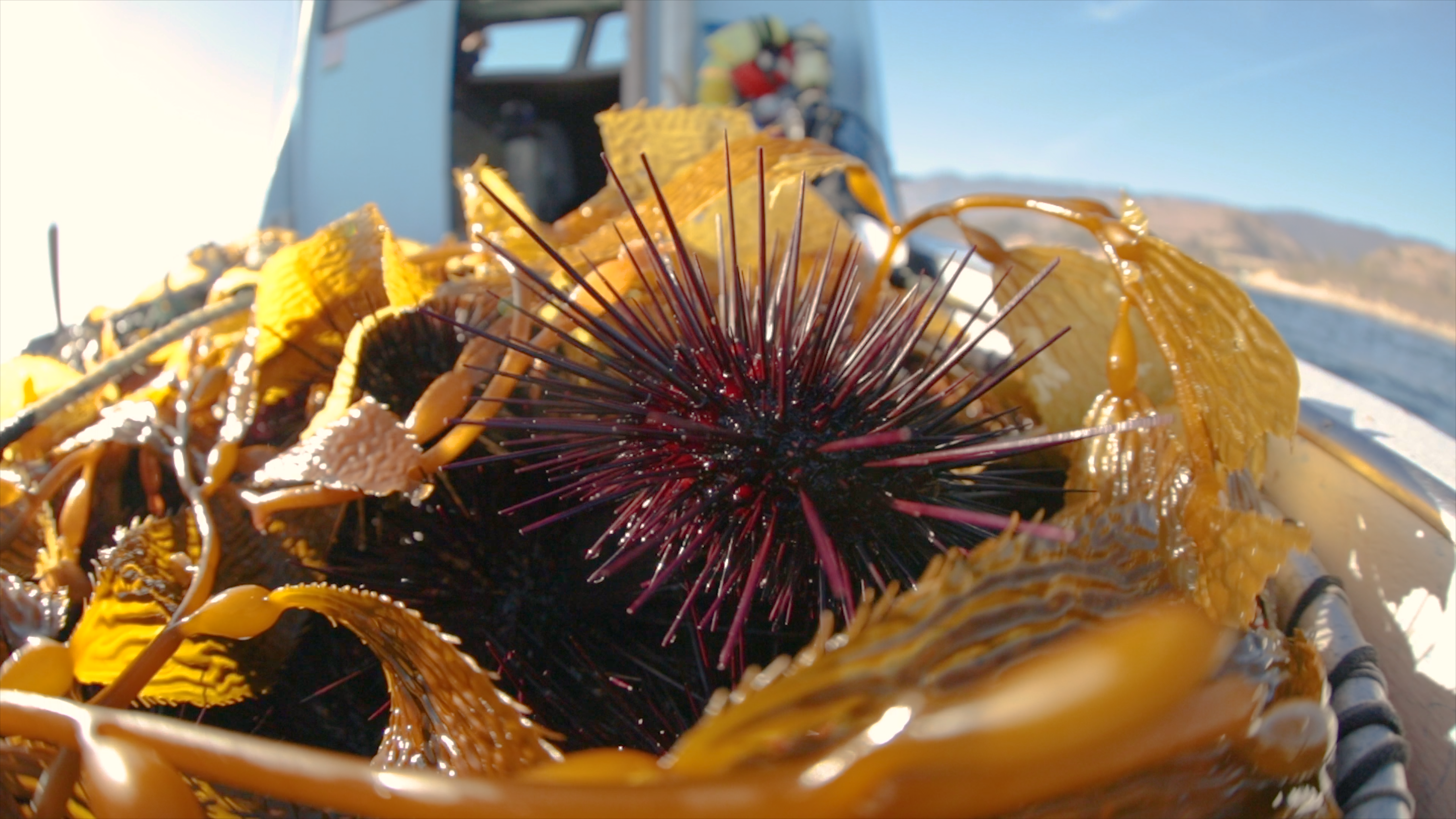
There’s plenty of drama, from the 1994 shark attack death of James “Weener” Robinson off San Miguel Island to the fight against letting voracious sea otters return to the Santa Barbara Channel. But characters steal the show, namely commercial fishermen Jim Marshall, Ward Motyer, and, of course, Harry Liquornik and Stephanie Mutz of Sea Stephanie Fish, who together have done more than anyone to bring Santa Barbara urchin into the limelight. “Stephanie was a big ally of mine,” said Wise, who tuned in to Mutz’s unique story long before she became the ever-popular face of Santa Barbara urchin.
What took so long is a complicated story of logistics. The film had no funding for four years, and everyone told Wise that it would be better as a reality series. That’s because, when it comes to culinary films, “it either has to be this beautiful ziggurat pyramid of food made by god, which is total bullshit, or it has to be a social-issue documentary,” said Wise. “It’s been really unfair that food from a story standpoint has to be about one of those two things. It can be about a lot of things.
“I have a hummingbird brain,” he explained. “When I look at sea urchin, I see all that stuff: the fight against sea otters, the great whites, the fact they’re served at SingleThread, one of the best restaurants in the world.”
The subjects were a little trickier than publicity-seeking somms of his past movies. “These fishermen are the first people I’ve ever worked with who don’t want to be filmed,” said Wise, who had to write letters to reach some of them, since they don’t have cell phones or check emails. “Some of these guys buck technology as a principle.”

Then there’s the set itself. “These boats are very small and dangerous and unpleasant,” he explained. “They are terrible places to work, especially with a camera. You’re putting a wetsuit on, trying to stay out of the way of the divers and not slow them down. These people are working. ‘I’m happy for your little movie, but I have a job to do.’”
Complicating matters further, Wise shot the entire movie on real Kodak film rather than digital video. “Film has a depth that video doesn’t have, and it makes the film look like a memory,” explained Wise. “I’ve shot a lot of digital, and I think it’s wonderful, but the image is dead. It’s like a facsimile. When shooting on film, it’s still moving; it’s alive and breathing.”
The real film did present advantages. “You have to be very present — nobody is looking at their iPhones on a film set,” he said. “The minute you say ‘action,’ and they understand film is moving through that camera and can run out, everyone is on point every time.”
That deliberate nature also saved money, particularly in the editing bay, where there weren’t endless streams of video to wade through. “It might be one of the lowest budget films I’ve ever made,” said Wise, “and I have made films for nothing.” (He was also able to land a live score, another dream turned reality.)
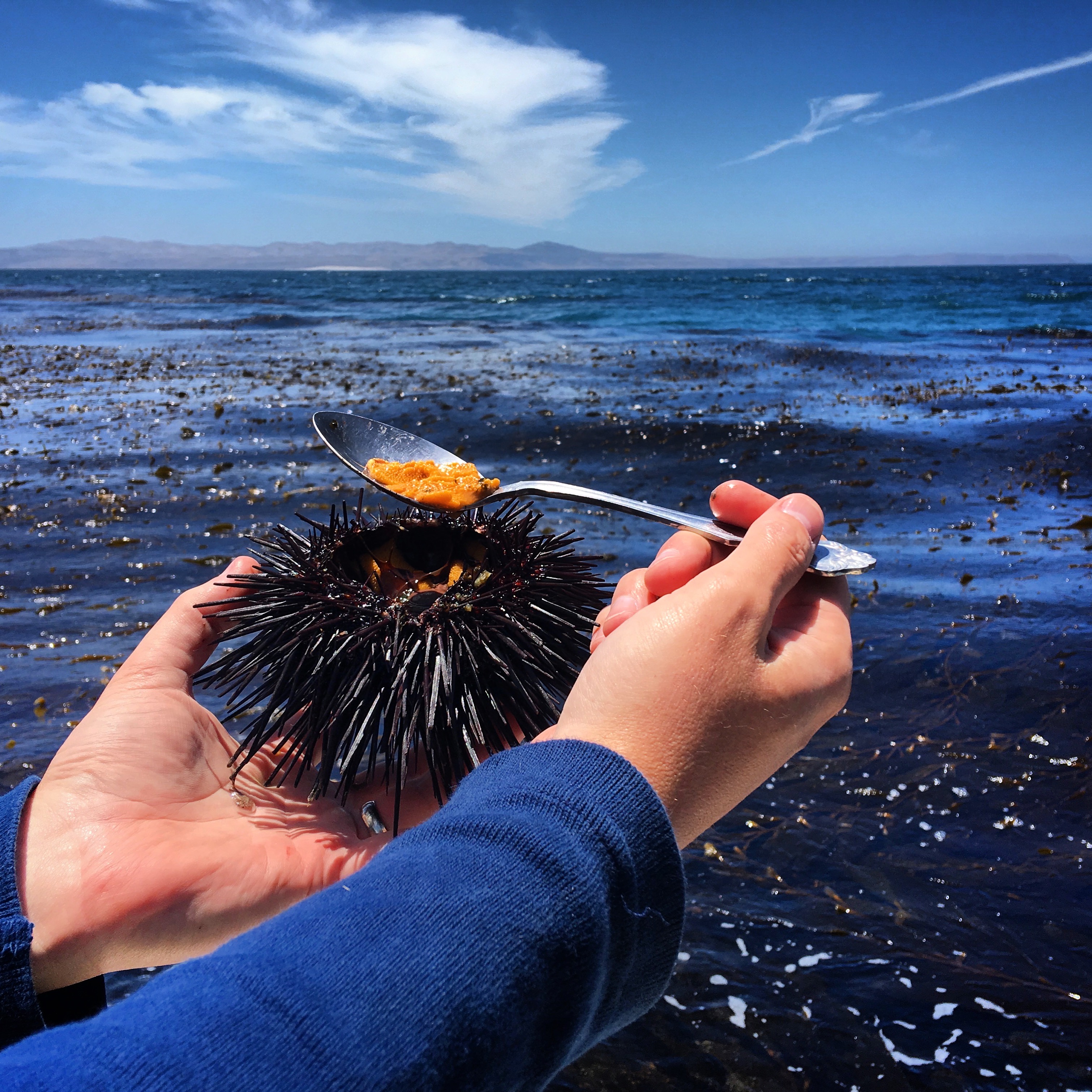
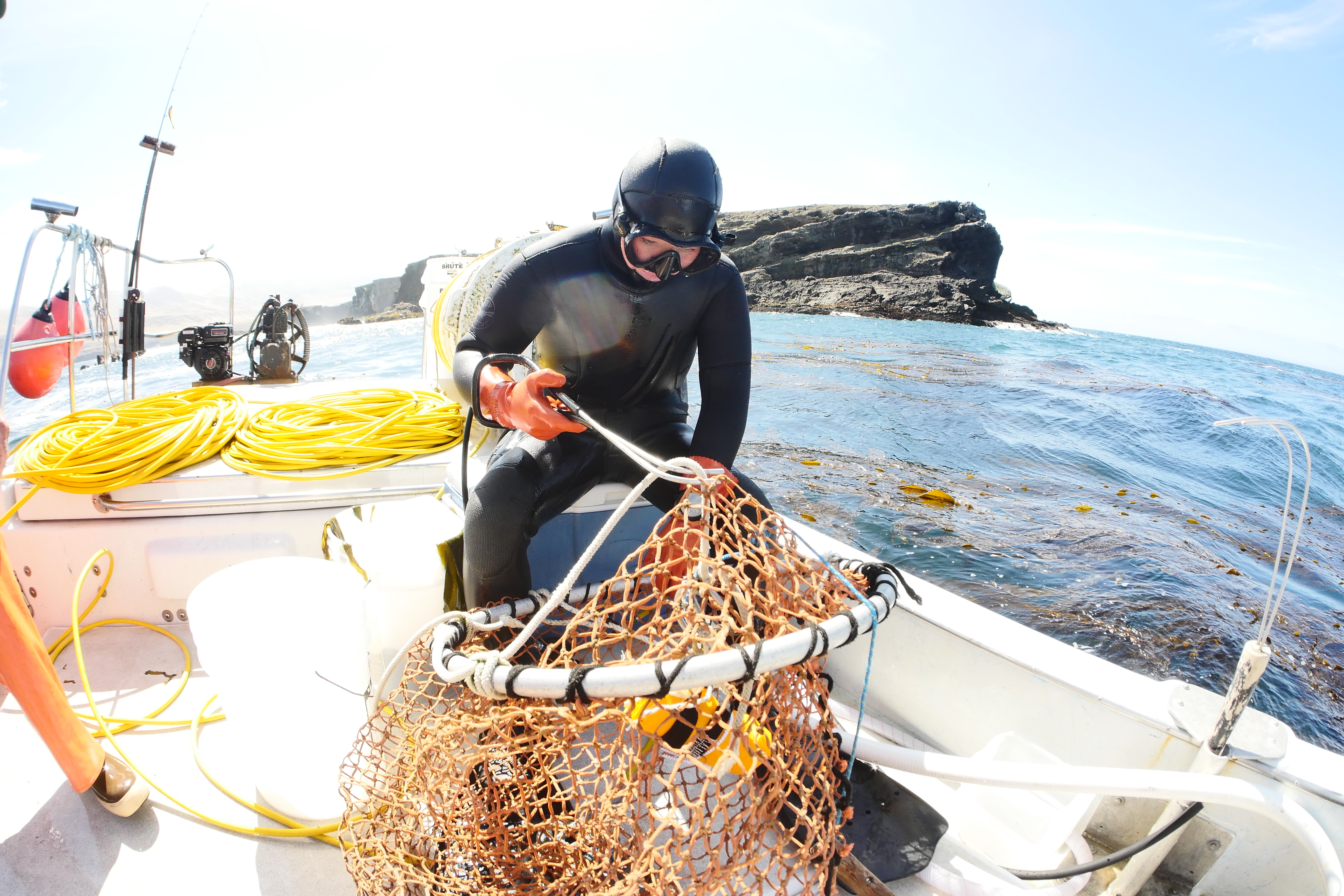
The Delicacy is just one of three feature documentaries that Wise is releasing this year. Next up is The Art of Butchery, which covers the culture of meat across seven different countries, and then comes Somm 4: The Cup of Salvation, his fourth wine-focused film, this one focused a contemporary tale of winemaking in the Holy Land, Armenia, and thereabouts. On top of that, Wise will soon officially launch Somm TV, a “full-blown streaming platform” featuring a half-dozen shows that he created alongside other content.
Of course, he’s most excited about this weekend, when The Delicacy will be screened during SBIFF on Friday night and midday Saturday. “I’ve never been more nervous about movie in my life,” he said, “but I have a feeling about right place, right time with this particular film.”
See sbiff.org for showtimes.

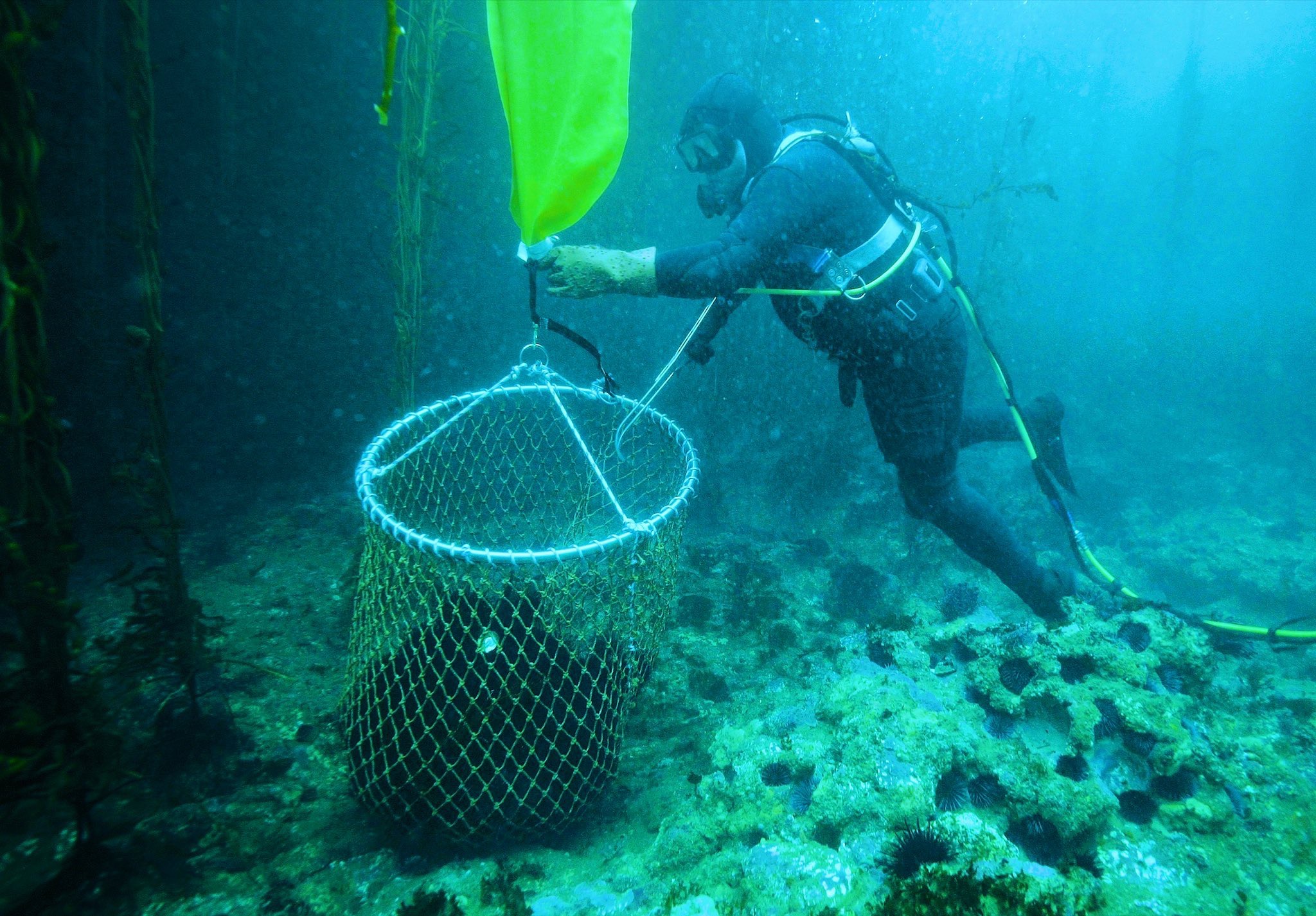



You must be logged in to post a comment.